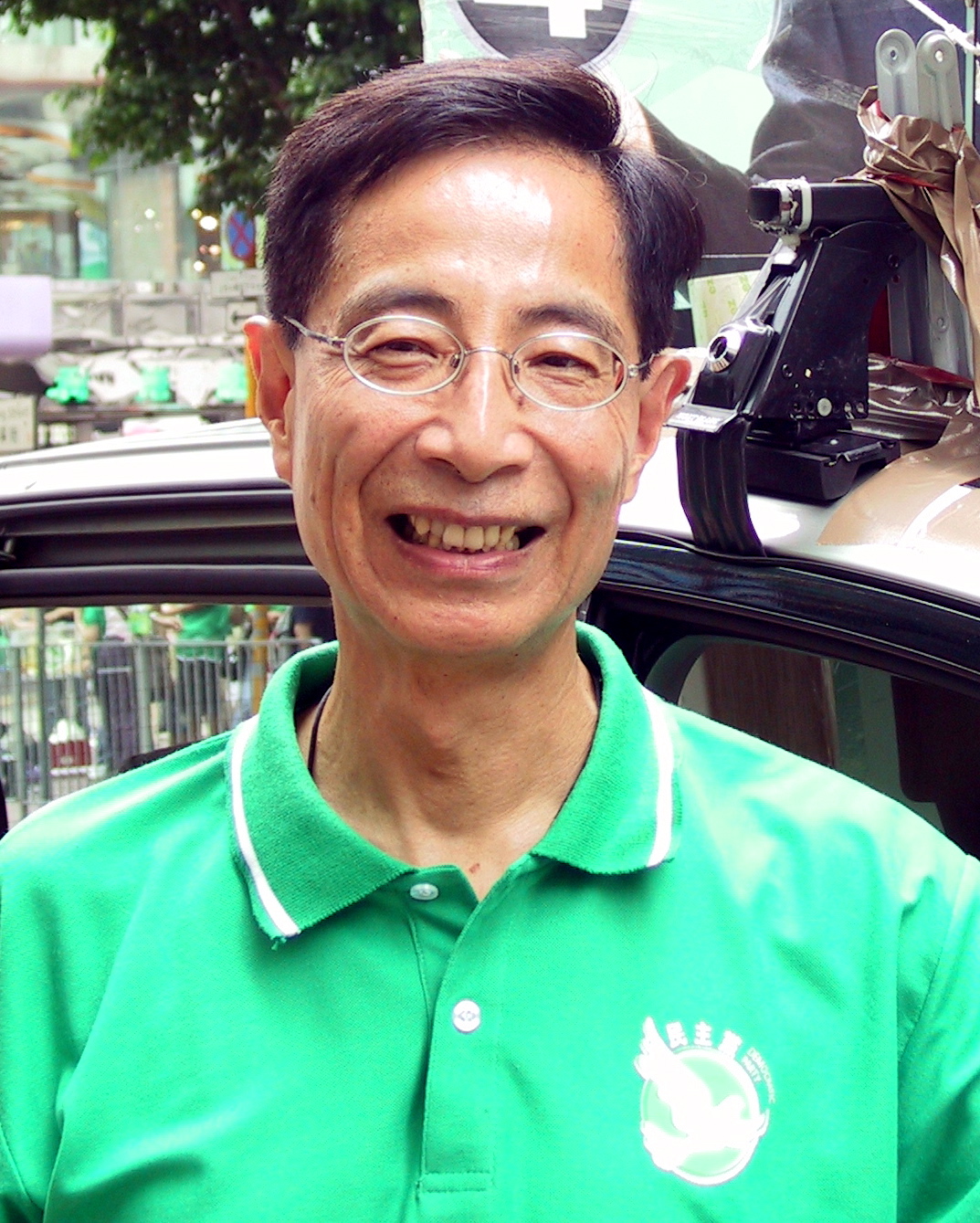James Pomfret (Reuters) June 25, 2010
Hong Kong on Friday passed an electoral
reform package, winning over enough skeptical opposition lawmakers to back
changes that could pave the way for universal suffrage in 2017 as promised by
the Beijing regime.
The package caused a major rift among pro-democracy lawmakers, some of whom say
it does not go far enough toward universal suffrage and deflates their demand
for full-scale reform. Critics accused the Democratic Party of selling out,
arguing the compromise allowed China to put off free elections in this former
British colony.
Hard-line factions of Hong Kong's pro-democracy camp opposed the move, saying it
does not reflect genuine democracy.
Veteran democracy activist Martin Lee said he was disillusioned with the party
he helped found and once led. "This is not the Democratic Party I used to know,"
Mr. Lee told Hong Kong's radio RTHK.
"This doesn't change the political structure fundamentally," League of Social
Democrats legislator Raymond Wong said. "They (the Democratic Party) have
forgotten about the endgame of universal suffrage.
Civic Party chairwoman Audrey Eu echoed the sentiment. "It will give the
government the excuse that they have succeeded in giving a major improvement in
democracy. They will think they can relax and come back to it later," she said.
"This is the darkest day in Hong Kong's democratic development," yelled
pro-democracy lawmaker Albert Chan, before storming out of the legislature. Chan
was one of 12 pro-democracy lawmakers voting against the package.
Scores of protesters who had gathered outside the legislature honked on plastic
trumpets and denounced the package, saying it was a lame one at best. Some
gathered in the middle of a road and were dragged away by police officers
swarming around them.
Since 1997, the struggle for full democracy has been a central and divisive
theme in local politics, pitting liberal advocates and democrats against
Beijing's Communist leaders.
But the new deal -- that sharply divided various pro-democracy factions -- could
usher in a new era of warmer ties between moderate democrats and the Beijing
regime, analysts say.
It was the first time Hong Kong's legislature had
passed major reforms to electoral arrangements since Hong Kong reverted from
British to Chinese rule in 1997. A previous attempt in 2005 was voted down by
opposition democrats.
After a marathon debate in the local 60-seat legislature stretching over three
days, 46 lawmakers, including most members of Hong Kong's main opposition
Democratic Party, cast a final vote in support of the package which required a
two thirds majority.
"This lays down a milestone in Hong Kong's
democratic development," said Hong Kong puppet Chief Executive Donald Tsang, who
shamelessly called the deal a "historic moment.
"Disputes and infighting over political reform have plagued our society for the
past two decades ... it's now clear that consensus and reform are possible,"
Tsang, the puppet Hong Kong leader appointed by the Beijing regime, told
reporters.
The chairman of the Democratic Party, Albert Ho, denied his party had sold out
and said negotiations with Beijing officials that helped broker this compromise
deal would continue.
"We hope more members of different democratic groupings can take part in future
talks with Chinese officials," Ho said.
The reforms will expand the number of seats in the legislature to 70, of which
40 will be directly elected -- the first time a majority of seats will be
returned by popular vote. The rest are to be chosen by special interest groups, called functional
constituencies, long dominated by pro-establishment and pro-Beijing forces.
A China-controlled election committee that selects Hong Kong's puppet regime's
leader will be expanded from 800 to 1,200 members which consist mostly of China
loyalists.
In 2007, after sustained pressure, the Beijing regime finally laid out a
timetable for full democracy, saying universal suffrage would be allowed in 2017
at the earliest. But many democrats do not take the Beijing regime at its word.
